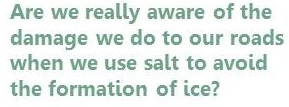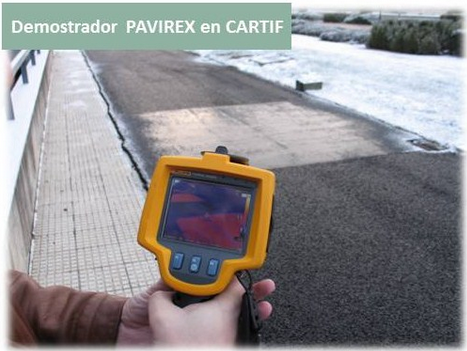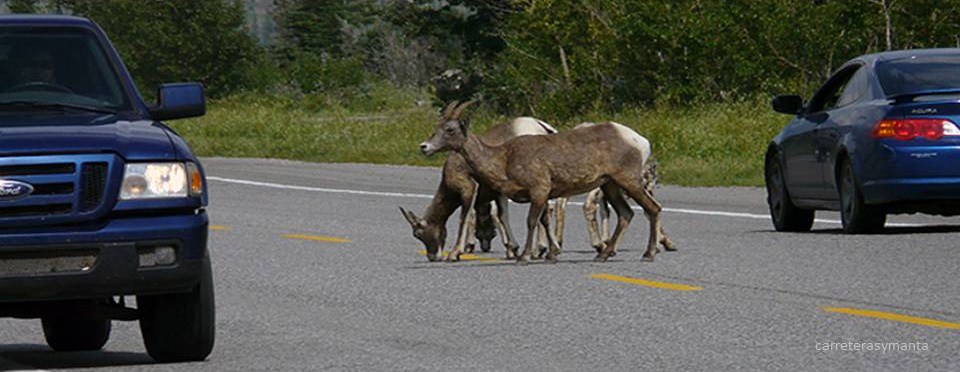With this post I would like to take up the theme of under road heating, in order to delve a bit more into the benefit that can have heating the most critical points of the road.
As I already indicated, the current solution to avoid and eliminate icing on the roads is the application of chemical deicers, which we all know as “road salt”. To a greater or lesser extent, this substance is sodium chloride, an inexpensive and effective product. I would like to stop here for a little reflection, are we really aware of the damage we are doing using these substances? Surely not, that’s why people rejoice when they see the salt spread.

Millions of tons are scattered annually on our roads, often without proper distribution to the road and with excessive frequency. For this reason, I would like to highlight some of its harmful consequences:
- The vegetation near the road is the first to suffer the negative effects of salt, on the one hand, the high concentrations of chloride make it a toxic element, causing the gilding or burning of the leaves, and on the other hand, the High concentrations of sodium can affect plant growth by altering soil structure, permeability and aeration
- A significant proportion of the salt is washed away by rainwater reaching aquifers, reservoirs, rivers, wetlands, etc., causing a dramatic increase in the risk of contamination of delicate ecosystems and even in many cases of the water we drink.
- Salt greatly affects the health of wildlife from two points of view: due to the serious consequences of its consumption due to its toxicity, especially to birds, and the frequency of run over, since salt attracts the animals for their ingestion.
- Another point that we hardly consider is the soil, although its degradation is a serious problem for Europe. Salt reduces the stability of the soil, modifies its electrical conductivity, decreases its pH and in general, seriously impairs its fertility.
As we can see, the environmental impact of chemical deicers is very intense, therefore, we should try to make an effort to minimize their effect, using all the technology that is within our reach to achieve a less aggressive winter maintenance

A partial solution would be to be able to measure in real time the amount of chemical deicers at each point of the road, not just at a fixed point. This would only be achieved by loading the sensors into the intervention and maintenance vehicles. Currently, there are some systems under development that measure wheel splatter, measuring the water refraction index (Japan Highway Public Corporation) or electrical conductivity (University of Cone). Given their results, they have never been incorporated into the market.
From CARTIF, with the collaboration of the Spanish company Collosa, we are investigating in the development of this product. The objectives are to avoid spreading more road salt when the current quantities are sufficient, to throw only the necessary quantity in the precise place that needs it (given the system of global positioning of these devices) and to give an objective tool to the responsible of the winter maintenance, so that he can make the right decision.
In CARTIF we are committed to a final solution that avoids dispersing chemical deicers as far as possible. If we manage to attack the problem in the most dangerous points, preventing and avoiding the formation of ice, we will avoid the exit of the truck to cover those points with chemical deicers. In addition, this outlet will not only cover the dangerous points, but will spread the chemical deicers all over the road.
This solution is the development of a more economical radiant floor with more energy efficiency, based on geothermal energy. For this, the development of an intelligent prediction that prevents the formation of ice and is based on the use of new bituminous mixtures is fundamental.
Undoubtedly, this will mean a significant reduction in the environmental impact of winter maintenance on our roads and in particular in the most sensitive areas of our geography such as natural parks.
- Terahertz technologies in industry - 31 March 2023
- Robust solutions with simple ideas - 26 August 2022
- Hardware and software ‘easy-to-use’ - 9 March 2018
